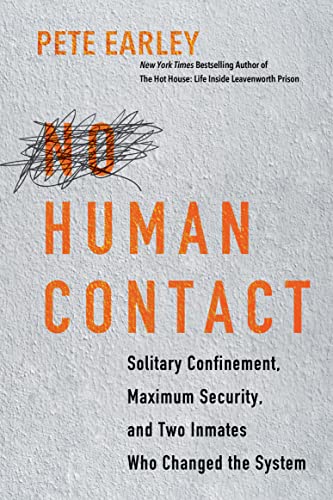
Sana and James are seeking help for their son, Christopher, who has paranoid sczhophrenia. He’s served twice as long in a Virginia prison as the state recommends for someone convicted of identical crimes.
(7-24-23) I’ve heard stories about individuals with serious mental illnesses being trapped and mistreated in our criminal justice system. The case of Christopher Sharikas is among the most egregious, by far.
Sharikas, who has been diagnosed with paranoid schizophrenia, has been imprisoned in Virginia for 26 years after being convicted of felonies that carried a state recommended maximum sentence of eleven years. Based on state guidelines, that’s more than twice as long as someone without a mental illness would serve.
But there is more to this injustice – information that I only recently learned that is simply outrageous.
When Sharikas appeared before the Virginia Parole Board in December 2020, he was denied release after the Virginia Department of Corrections said Sharikas had assaulted prison guards nine years earlier. What the parole board was NOT told is that a video of that alleged incident exonerated Sharikas. It proved that he had not attacked officers.
When challenged about this irrefutable evidence, a Department of Corrections official told Sharikas and his family that video evidence didn’t matter. Guards at the prison had sworn that he’d attacked them. That was sufficient for the department. Put simply, it backed its officers regardless of contrary evidence.
I first wrote about Sharikas on this blog in 2017. I followed up with editorials in The Washington Post and USA Today. The Post published a prominent story about Sharikas. Yet, no state agency, elected official or mental health advocate has stepped forward to help Sharikas. The only mental health organization that has offered assistance is the Treatment Advocacy Center.
This is shameful.










